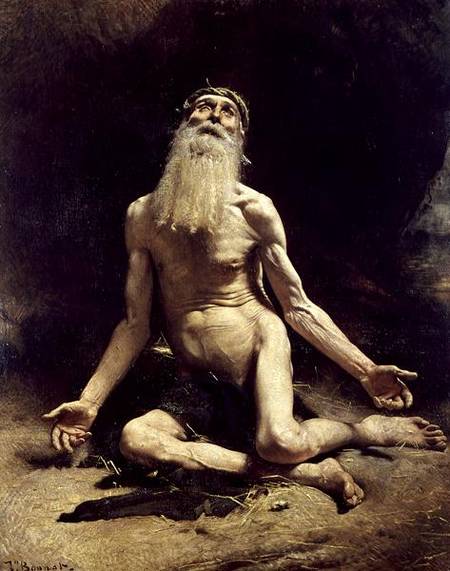Spiritual Sunday
After reading today’s Old Testament reading, I received a new insight into George Herbert, my favorite religious poet. The 17th century Anglican rector draws heavily on the Book of Job.
I admire Herbert because of the very open way that he wrestles with his doubts. Although his poems generally have a Christian happy ending, one is never sure how they are going to twist and turn before he gets there. In Herbert’s agonizing, I hear Job asking where he can find God, as the Biblical figure does in the following passage (Job 23:1-9, 16-17):
Today also my complaint is bitter;
his hand is heavy despite my groaning.
Oh, that I knew where I might find him,
that I might come even to his dwelling!
I would lay my case before him,
and fill my mouth with arguments.
I would learn what he would answer me,
and understand what he would say to me.
Would he contend with me in the greatness of his power?
No; but he would give heed to me.
There an upright person could reason with him,
and I should be acquitted forever by my judge.
If I go forward, he is not there;
or backward, I cannot perceive him;
on the left he hides, and I cannot behold him;
I turn to the right, but I cannot see him.
God has made my heart faint;
the Almighty has terrified me;
If only I could vanish in darkness,
and thick darkness would cover my face!
Compare this with Herbert’s poem “Denial,” where the poet describes God as having “silent ears”:
When my devotions could not pierce
Thy silent ears,
Then was my heart broken, as was my verse;
My breast was full of fears
And disorder.
My bent thoughts, like a brittle bow,
Did fly asunder:
Each took his way; some would to pleasures go,
Some to the wars and thunder
Of alarms.
“As good go anywhere,” they say,
“As to benumb
Both knees and heart, in crying night and day,
Come, come, my God, O come!
But no hearing.”
O that thou shouldst give dust a tongue
To cry to thee,
And then not hear it crying! All day long
My heart was in my knee,
But no hearing.
Therefore my soul lay out of sight,
Untuned, unstrung:
My feeble spirit, unable to look right,
Like a nipped blossom, hung
Discontented.
O cheer and tune my heartless breast,
Defer no time;
That so thy favors granting my request,
They and my mind may chime,
And mend my rhyme.
I think also of the Ancient Mariner’s attempt to pray after killing the albatross:
I looked to heaven, and tried to pray;
But or ever a prayer had gushed,
A wicked whisper came, and made
My heart as dry as dust.
The fact that Herbert concludes his poem with a rhyme after previously ending each stanza on a discordant note suggests that he senses some hope of connecting with God. Before then, however, he moves in torment. “All day long/My heart was in my knee,/But no hearing.”


